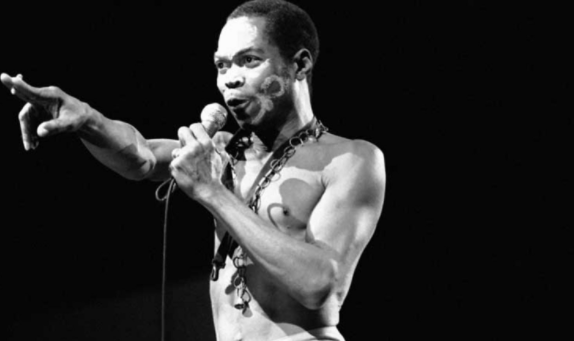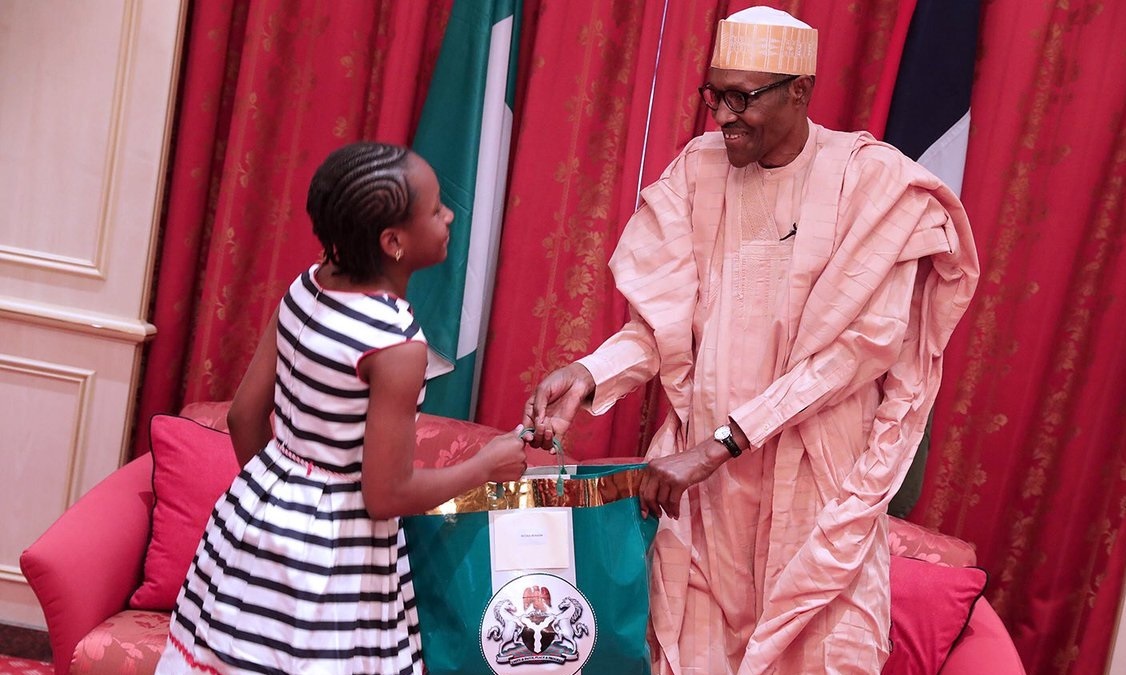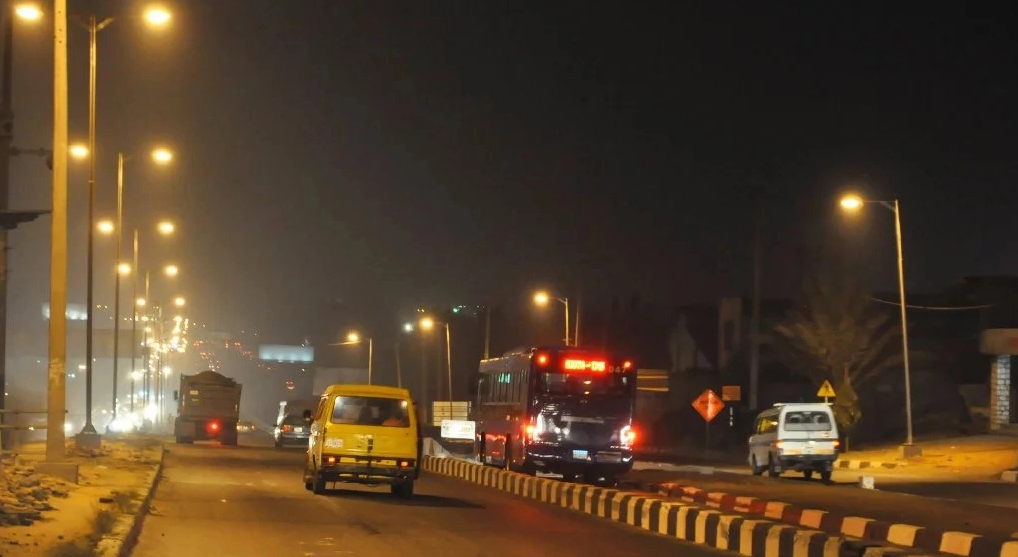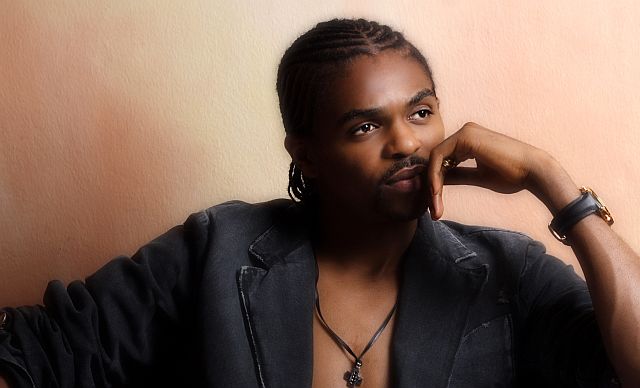With Nigeria’s 57th independence anniversary somewhat still in the air, it is apposite to start the juxtaposition of Fela’s messages of yesterday with the reality of today with his song titled ‘Just Like That’. For sure, it is one of Fela’s less widely acclaimed numbers, but it is one in which Fela richly used his peculiar musical and political excursion to explore some of the depths of Nigerian crisis. Beat-wise, it is also one of Fela’s most melodious and danceable numbers.
In ‘Just Like That’, Fela drew sharp contrast between colonial pre-independence Nigeria and the post-independence one coming to the inevitable conclusion that expectations had largely not been met. He arrived at this conclusion following a lyrical examination of about three to four aspects of our life that remain matter of public debate, concern and agitation, even as we write today.
The first is the epileptic state of power supply or electricity. Fela fired the salvo this way: ‘White man rule us for many years we get electric constantly. Our people come take oover dem come build Kanji dam. Dem build the dam finish electricity come stop. One year, two years, ten years, up till now no electricity for town- just like that, just like that’
Fela’s reference here was only to one dam and investment in the power sector had not run into trillions of Naira as we have it for a sector that essentially remains dysfunctional. For example, by the time the Goodluck Jonathan government took over in 2011, it was said that the sum of 16 billion dollars had been expended on the power sector by the previous Obasanjo and Yar’ Adua governments. The public outcry generated by that revelation led to calls for probe, which never fully materialized. Indeed some members of the House of Representatives Committee that were investigating the matter later got enmeshed in bribery scandal such that today there is no concrete information on how such a huge sum of money did not lead to the transformation of the sector.
Advertisement
The implication is that the transition from NEPA – derisively called Never Expect Power Again or Always – to PHCN – Power Holding Company of Nigeria – has not made much difference other than the fact that the company perhaps does not have electricity to hold and therefore cannot distribute what it doesn’t have.
If the recent statement of the Minister of Power, Housing and Works, Babatunde Fashola, is anything to go by, Nigeria is supposed to be currently having the best of times when it comes to power generation which he said has moved close to 7000 megawatts. Despite this, there was the hint that there may not be cause for immediate joy. According to Premium Times, a communiqué issued at the 18th monthly power sector and stakeholders meeting in Kano, which the Minister chaired stated as follows: “As at August 10, 2017, 6803MW was recorded as the current available generating capability, with a wheeling capacity of 6700MW by TCN, currently constrained by DisCos inability to take load”.
Actually, it is only in a country like Nigeria that 7000 megawatts of electricity would amount to big news. Not in a country like South Africa where less than 40000 megawatts would be bad news.
Advertisement
Yes, 16 billion dollars might have been allegedly spent by the Obasanjo and Yar’ Adua governments but the Goodluck Jonathan and the Muhammadu Buhari governments have also spent more money on the power sector as well, yet the energy crisis remains.
The real irony meanwhile is that all these monies have been spent and are still being spent on a sector that is supposed to have been privatised. Privatisation was indeed touted as the magical solution to the power problem but its failures are becoming more apparent. Some of the private companies to which the sector was sold only became beneficiaries not because they have the technical wherewithal but because they were cronies or better still fronts of those in corridors of power. Enter the Discos and all they have to show for it is not the transformation of the power sector but reliance on the archaic system of estimated bills for power that is rarely available. In almost every part of the country, the DISCOs have been confronted with angry protests.
Still, the government is tinkering with the idea of further disinvesting in the sector with the Vanguard newspaper quoting Minister Fashola also as saying recently: “We would be open to welcome new and tangible offers that would lead to it divesting the Federal Government’s 40 percent shares in the 11 electricity distribution companies, Discos, in the country”
There are many downsides to privatization of the power sector that in my opinion lends credence to the demands of socialists and trade unionists for the renationalization of the sector. Other genuinely concerned Nigerians have equally expressed dismay over the fact that the vast assets of NEPA and PHCN were cheaply sold to private interests who have not been able to fundamentally transform the power sector.
Advertisement
While addressing the issue of privatization in Government Of Crooks(GOC), Fela had said that what really pained him was that the governments then selling public assets to private interests were unelected military ones (the thing wey dey pain me pass, the government wey dey do all these things, na dey dem put themselves there, na nobody put dem there…). It should pain us the more that the governments that have been continuing with the privatization of the power sector despite all the glaring failures are elected ones.
For a struggling underdeveloped economy like Nigeria, power should be categorized as a major social service the abundance of which should be seen and treated as the key to industrial and economic development. If it is deemed as such then government would of necessity have to be the main provider and not private interests whose sole motif is profit. For example, no matter the good intentions of these private concerns, they would naturally discriminate against rural areas because of the profit calculation.
Meanwhile societies that rightly see power supply as social imperative have often been the better for it. Here it is worth recalling that the first priority program of the Russian Bolshevik socialist revolutionary government led by Vladimir Lenin in the early 20th century was the electrification of the whole of Russia. It was that foundation that essentially transformed Russia from a backward rural economy into the scientific, technological, industrial and military giant that it has been ever since even despite the unfortunate collapse of Russian socialism due to its later day bureaucratization and lack of democratic practises.
During a trip to Germany early last year, I noticed that here and there along the highway we were passing through were giant wind turbines or if you like windmills erected to tap energy from the wind. Yes, same wind that freely blows away roof tops, trees, etc, here. My German comrade told me that the government harnesses the wind energy and sells it at subsidized rates to private companies for ease of distribution at affordable rates. That is a country subsidizing what it knows translates into development. But under Nigeria’s peculiar brand of backward capitalism, subsidy is deemed an anathema.
Advertisement
The real lesson from Germany however is that our country is so naturally blessed that we should be generating power from diverse sources – coal, hydro, solar, wind, etc. Coal remains underground in Enugu while sunlight burns our skins away north and south. Across most states of the federation are waterfalls that if exploited for hydro-electric purpose could at least meet the needs of the local population while the giant power plants serve bigger populations in the city centres as well as industrial concerns.
Adequately tapping into all these energy sources will only materialize if government realizes that the myriad of socio economic problems confronting the nation will be half solved if the energy problem is half solved and take more than urgent steps in that direction.
Advertisement
Arogundade is the director of the International Press Centre (IPC), Lagos.
E: larogundade@gmail.com
T: @lanreipc
Advertisement
Add a comment






